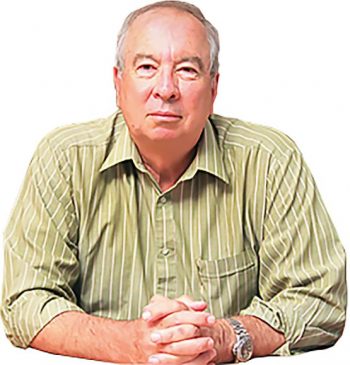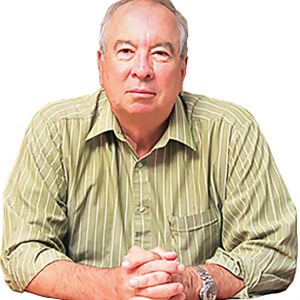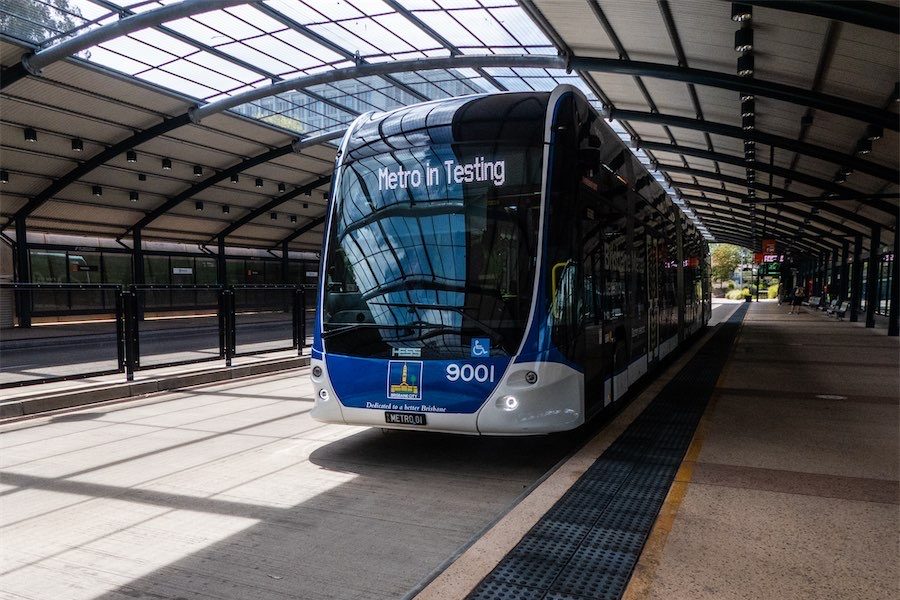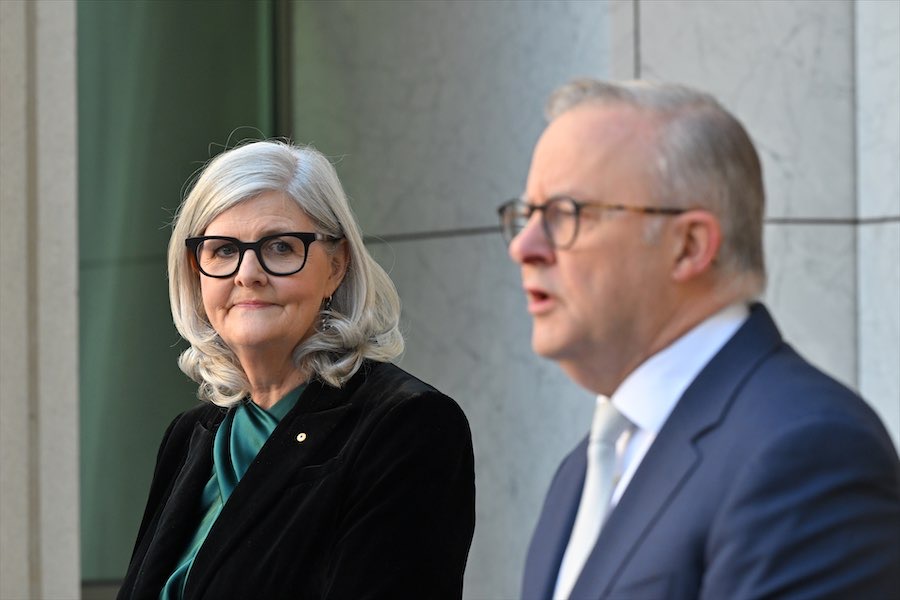
While people from outside Australasia may find it hard to distinguish between the accents of Australians and New Zealanders, for Australians the differences are very obvious, says “Whimsy” columnist CLIVE WILLIAMS.

AUSTRALIANS are fascinated by New Zealanders’ unique pronunciation of some vowels, so that “a” is pronounced “e”, “e” is pronounced “i”, and “i” is pronounced “u” – as in fush and chups.
I recall being at Auckland Airport when incoming American passengers were told to go to the chicken counter for their onward domestic travel. To add to their confusion there was a KFC counter in the terminal.
Apart from the pronunciation aspect, NZ English has many words and phrases that are unique to NZ.
Some have been adopted from the Maori language, others from Australian English, American English, or British English – particularly the southern-England variant.
For those Australians who might plan to travel across the dutch, here are some NZ words with Australian translations:
- … And that (phrase) – a substitute for unspecified additions eg., “We had a beer with Wally and that.”
- Aussie (noun) – referring to Australia, not Australians.
- Av (noun) – avenue.
- Bach (noun) – holiday shack, usually on the coast.
- Boost – to speed or go fast.
- Chilly bin (noun) – esky.
- Choice! (interjection) – one-word rejoinder expressing satisfaction.
- Chur (interjection) – contraction of “cheers” most commonly heard in “chur, bro”.
- Convert (verb) – to steal a car.
- Dag (noun) – an eccentric, a one-off person (from the fictitious eccentric Fred Dagg).
- Dairy (noun) – local convenience store/milk bar.
- Duvet (noun) – doona.
- Eh? (particle) – query, used to elicit a response.
- Gib board (noun) – plasterboard.
- Handle (noun) – a 425-500 millilitre glass of beer with a handle.
- Hangi (noun) – feast (originally a Maori celebration with meat and veggies cooked in an underground pit).
- Heaps (adjective, adverb) – a lot as in “I love you heaps”.
- Jandals (noun) – thongs or flip flops.
- Kai (noun) – food.
- Metal road (noun) – a dirt road overlaid with gravel.
- Munted (noun) – no longer usable, rooted.
- Puckerood (noun) – broken; busted; wrecked.
- Pakeha (noun) – non-Maori white New Zealander.
- Sallies (noun) – Salvos.
- Scroggin (noun) – a nutritious snack taken on hikes by trampers (hikers).
- Shingle (noun) – gravel.
- Shot! (acknowledgement or interjection) – “thank you”.
- Sweet as! (interjection) – cool! awesome.
- Tiki tour (noun) – showing someone around.
- Togs (noun) – swimming costume.
- Tramp (verb) – bushwalk, hike.
- Up the Puhoi [River] or in the wop wops – to be lost or stranded, or miles from anywhere – equivalent to being out the back of Bourke.
- Whanau – extended family.
- Whiteware – white goods (washing machines etcetera).
- Yea-nah (acknowledgement) – no thanks.
The southernmost part of NZ received heavy immigration from Scotland and several words and phrases common in Scottish English persist there. For example, to do the messages means “to go shopping”.
A speaking characteristic some Australians and New Zealanders share that amuses English-speaking people from outside Australasia is a rising intonation at the end of sentences.
Both the Australian and NZ militaries enjoy taking a rise out of the American military. In Vietnam it included diggers bartering kangaroo feathers for American goodies. At Bien Hoa, an American artillery battalion had erected a sign above their entrance with a giant unit badge and underneath was their motto “Second to None”. The Kiwi battery next door erected their unit badge and wrote underneath it “None”.
A NZ man wants to have lots of children. “Would you have four kids with me?” he asks his fiancée. She thinks about it and responds, “I suppose four wouldn’t be so bad”. Encouraged, he continues: “What about having six with me?” “Well,” she replies, “how the hell else are we going to have all these kids?”
Clive Williams is a Canberra columnist
Who can be trusted?
In a world of spin and confusion, there’s never been a more important time to support independent journalism in Canberra.
If you trust our work online and want to enforce the power of independent voices, I invite you to make a small contribution.
Every dollar of support is invested back into our journalism to help keep citynews.com.au strong and free.
Thank you,
Ian Meikle, editor





Leave a Reply